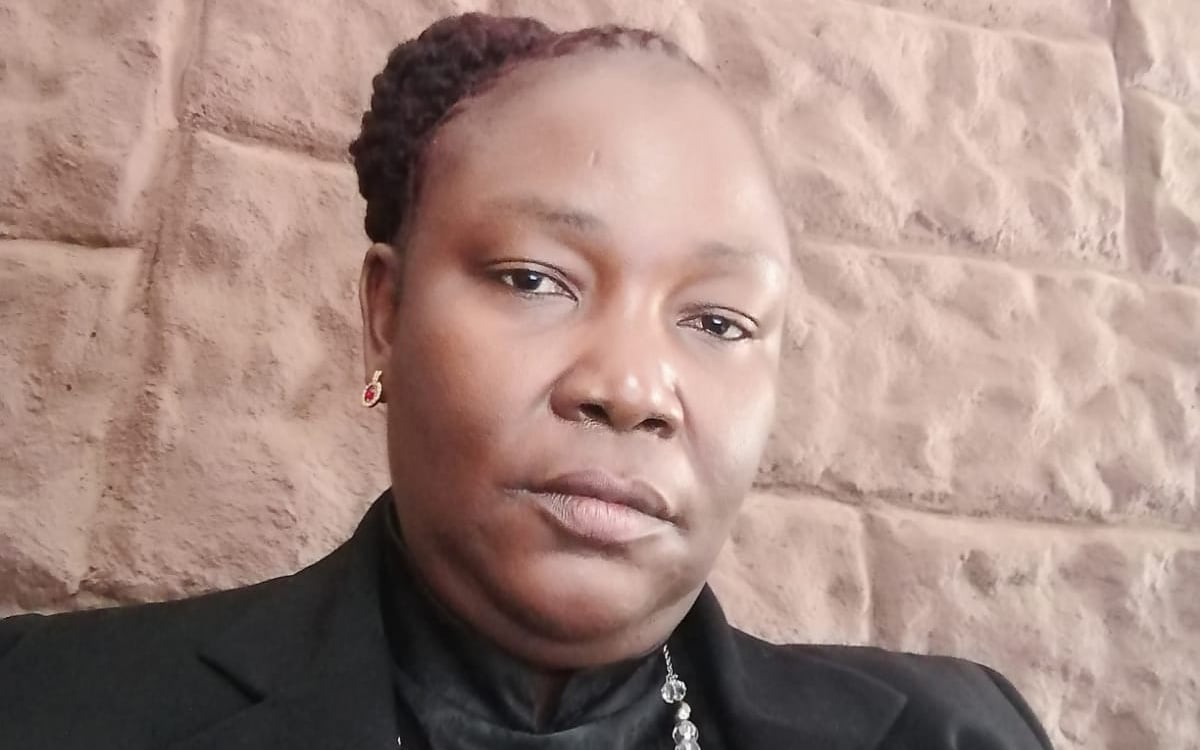Motlanalo Lebepe is the executive director of Nkuzi Development Association, a non-profit organisation that aims to aid historically disadvantaged communities by informing them about their rights and assisting them in gaining access to land.
In doing this, the organisation aims to drive land reform and enable rural and underprivileged communities to develop their local economies and uplift themselves. The business has been in operation since 1997 and has completed work in Limpopo, northern Mpumalanga and rural Gauteng.
Lebepe’s leadership has allowed the Nkuzi Development Association to succeed for over two decades and remain an important member of the International Land Coalition.
The farm dweller programme has been their most successful initiative, helping to raise awareness about eviction issues across both print and broadcast media. Moreover, the organisation has helped to ensure that the Occupational Health and Safety Act is upheld in rural communities, especially among women farm workers.
By offering legal support to farm dwellers, the Nkuzi Development Association allows them to take action against mistreatment and labour violations.
Lebepe has also been extensively involved in the educational aspects of the organisation, hosting workshops and training women to become leaders in their community.
In January 2020, the association hosted a training session that equipped 24 women from mining-affected communities with the skills that they need to negotiate better benefits from mining projects and remain active participants in decision-making processes.
Lebepe cites this work as her proudest achievement, saying:
“Rural women are capable of meaningfully engaging in land development initiatives when they have the necessary support.”
Inequality is undoubtedly a serious problem in South Africa, but many are all too happy to quietly ignore the systemic issues that reinforce it. Lebepe is not one of them — instead, she is driven to make a real difference for those who have the least resources in the country.
Her willingness to directly involve herself in the struggles of rural and underprivileged communities is a testament to the strength of her conviction.
Although each legal battle that Nkuzi Development Association assists with, and every workshop that they offer, is of incredible importance, their larger mission is to return the land to those who work it.
Championing a pro-agrarian philosophy that is strongly opposed to the exploitative practices used by companies to disenfranchise people who have been historically marginalised, Lebepe represents the kind of person South Africa needs now more than ever.
Her commitment to the cause has significantly helped communities and individuals, but what is most impressive is the larger impact her work has had.
There is a domino effect created through each person that she has empowered — from what they have learnt and experienced, they are able to educate and enable others who, in turn, can do the same, creating a network of people who are able to stand up to the corporate interests that seem determined to keep them poor and powerless.
Lebepe’s greatest wish for South Africa is “to promote, protect and provide independent land rights for women, especially on customary land and among farm dweller communities”.

























